Last night, the Muslim Ummah celebrated the sacred Shab-e-Barat, also known as the "night of fortune," with the appropriate depth and dedication.
Shab-e-Barat is regarded by Muslims as one of the three most sacred evenings, during which they determine every person's fate and determine their 'rizq,' or annual salary.
During the night, Muslims who were devoted to their faith stayed up in mosques and homes, praying, reciting passages from the holy Quran, and asking Allah to grant them, their families, friends, and the Muslim Ummah a long life, peace, development, and happiness.
People flocked to several mosques around the city, notably the Baitul Mukarram National Mosque, to participate in the communal Esha prayers and offer special petitions in hopes of receiving heavenly blessings.
Across the nation, followers spent the evening praying for their loved ones' everlasting peace and paying respects at their tombs. A large number of individuals traveled to shrines and mazars around the nation.
In both rural and urban sections of the nation, many families produced traditional dishes including homemade rice-bread, meat, and halua, a type of dessert often made with semolina, carrot, chickpea, or papaya.
The day following the holy Shab-e-Barat, on Wednesday, a sizable portion of Muslims continued their fast (Roza).
They gave food and candy to the underprivileged and their neighbors.
On this occasion, food and cash are customarily given to the impoverished.
In honor of the day, the Baitul Mukarram National Mosque here hosted events planned by the Islamic Foundation (IF).
Since Maghrib prayers, religious lectures emphasizing the significance of Shab-e-Barat have been given at several mosques.
Tuesday was declared a public holiday in honor of Shab-e-Barat.
Newspapers issued special supplements underlining the significance of the night, and special programs were broadcast on Bangladesh Television, Bangladesh Betar, and private television and radio networks.
End//voice7news.tv



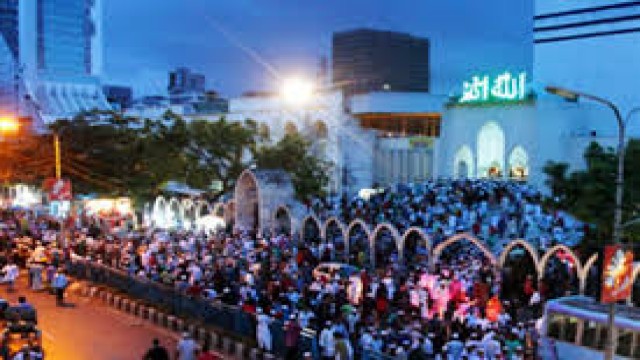
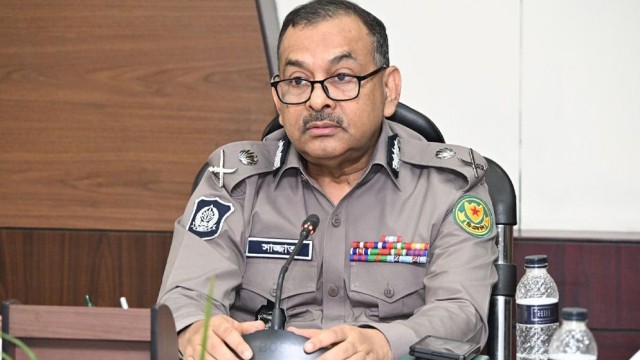
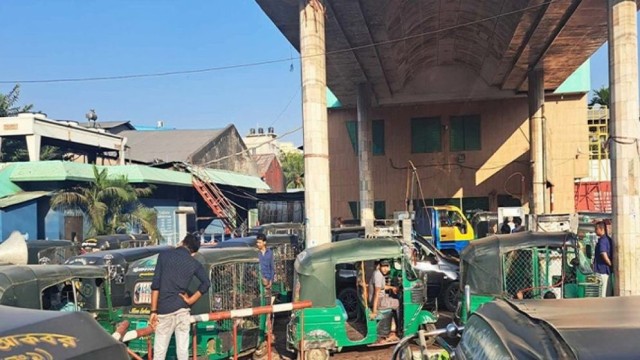
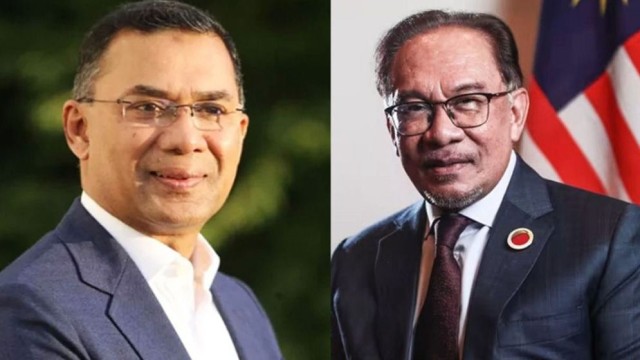
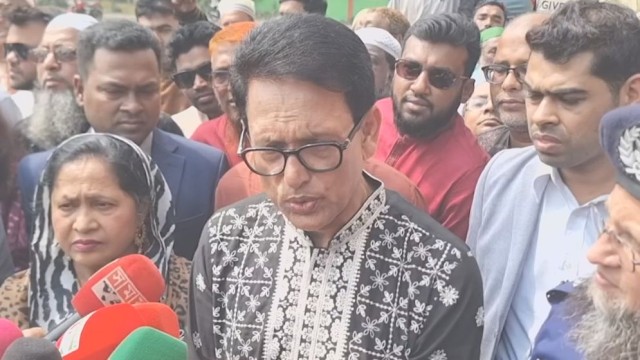
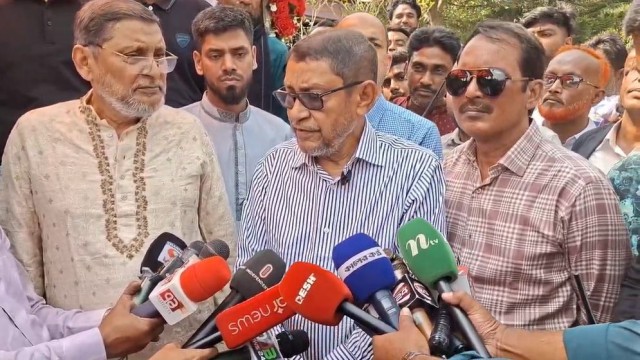
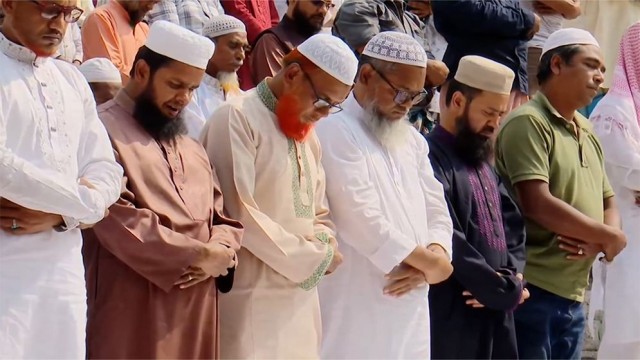
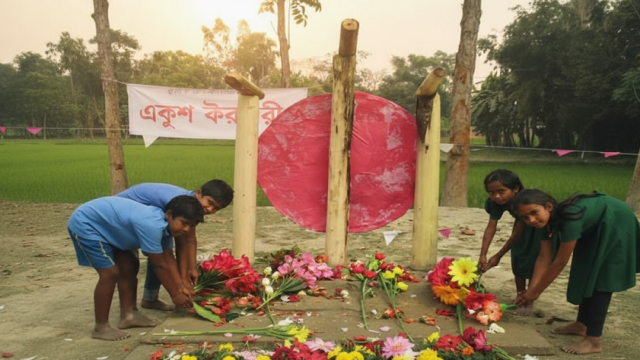
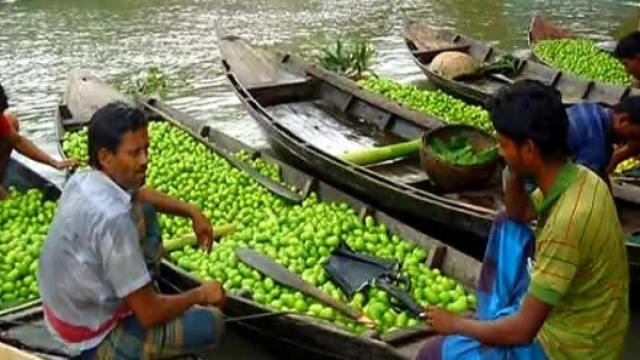

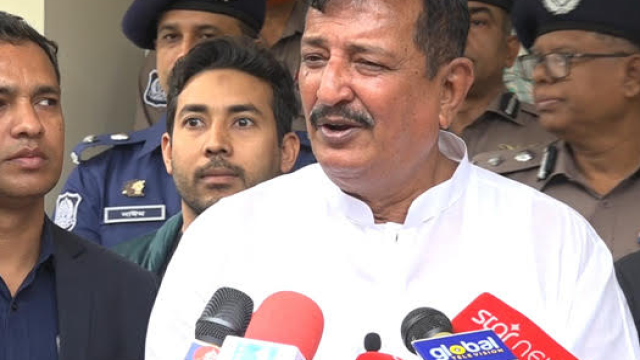

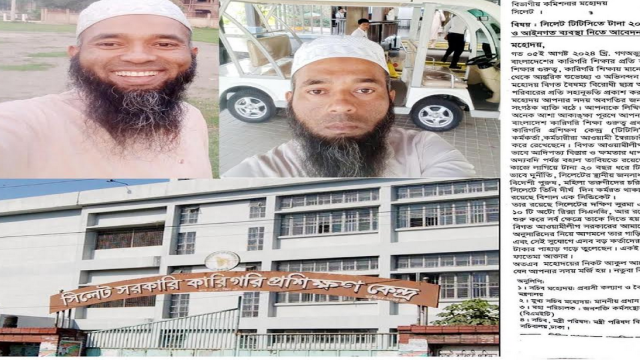
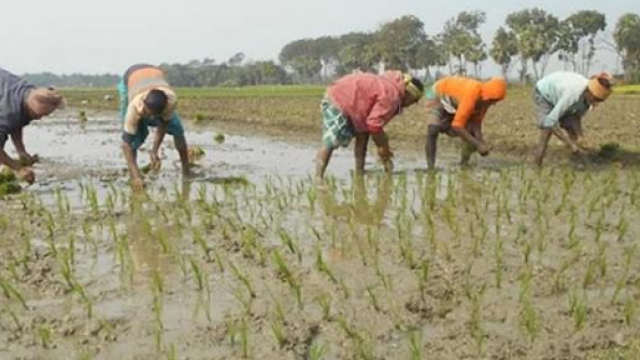
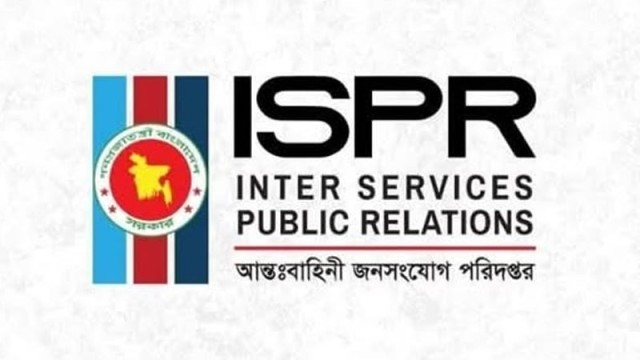
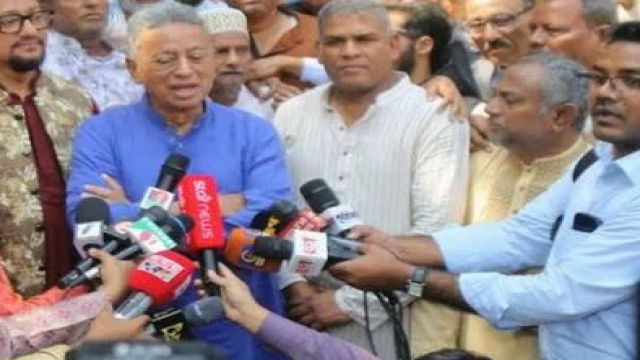
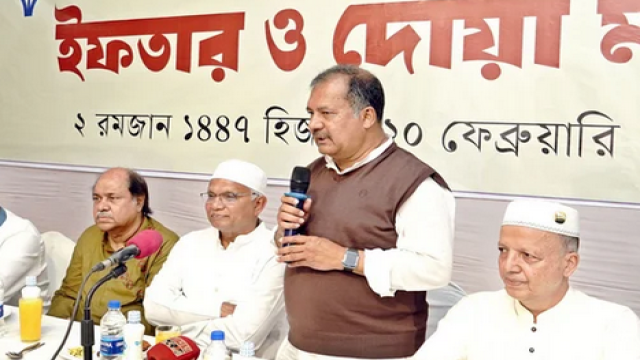





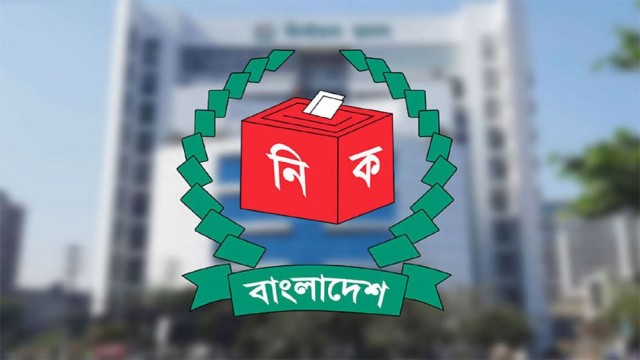
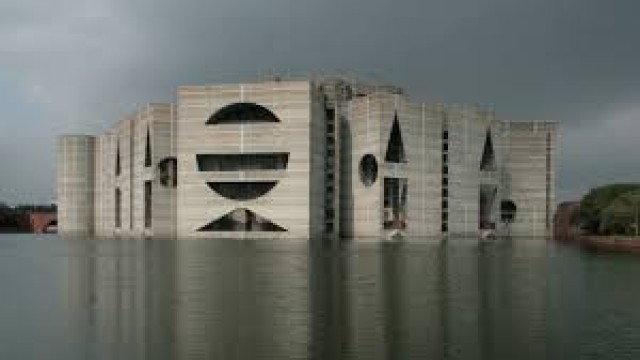



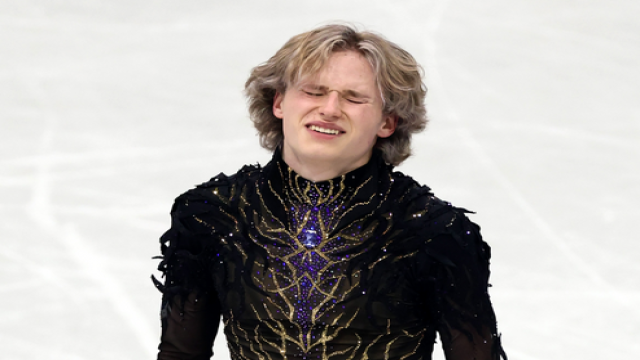
Comment: